Introduction to AI-Powered Chatbots Enhancing Customer Service and Improving User Engagement
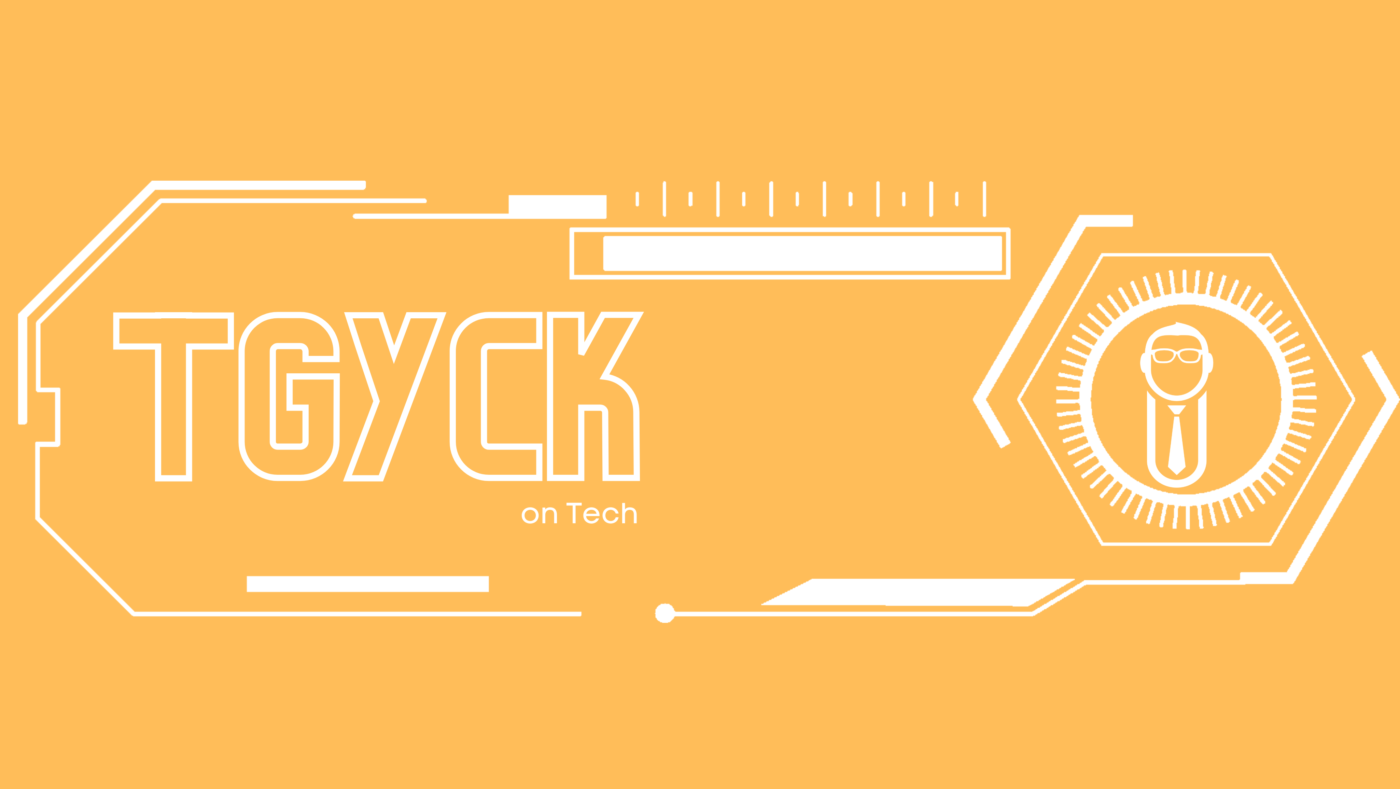
This blog post explores how AI-powered chatbots are revolutionizing customer service and user engagement, and how businesses can benefit from this technology.
How AI is Changing the Landscape of Digital Marketing
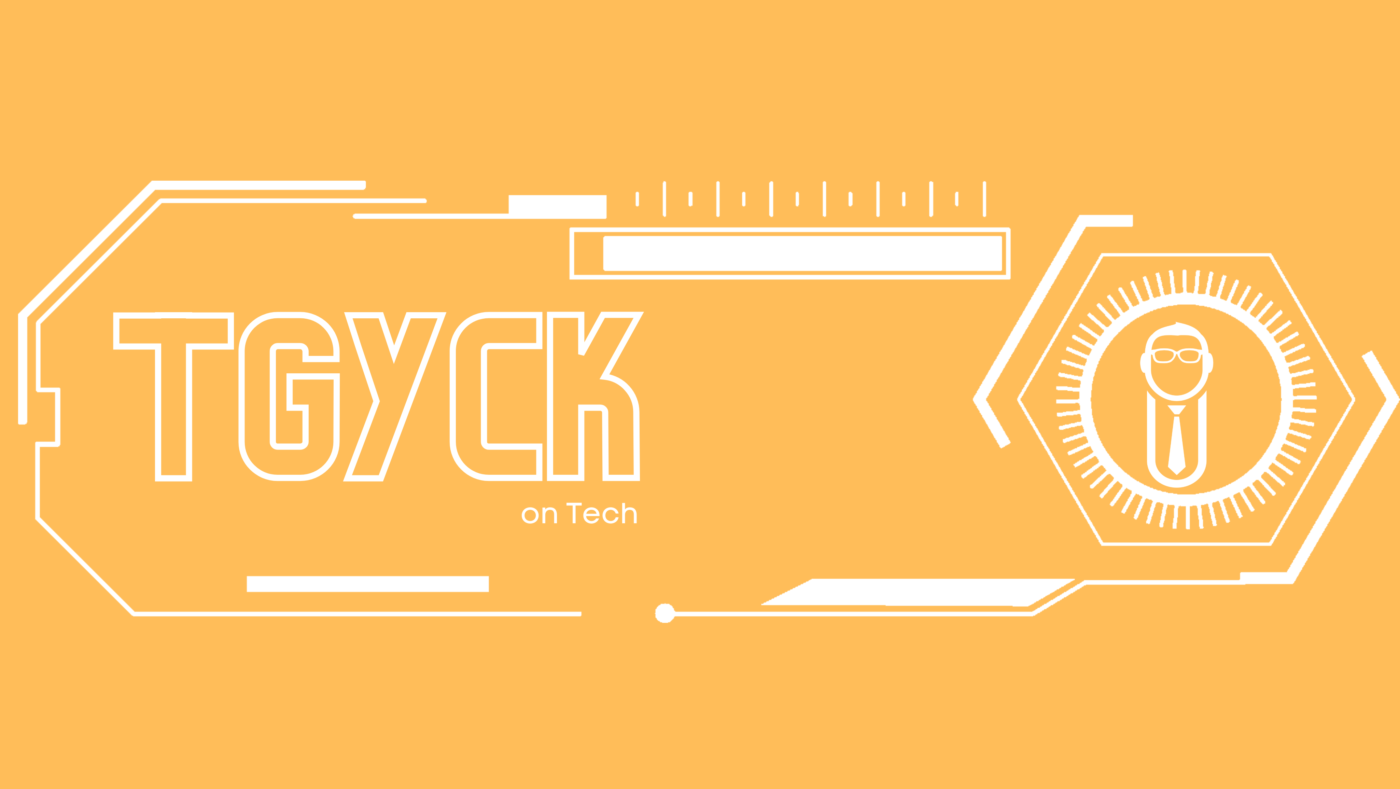
This blog post provides an overview of how AI is changing the landscape of digital marketing. It explores how AI helps businesses personalize their messaging, analyze data, and improve customer service through chatbots. Readers can gain insight into the impact AI has on digital marketing and understand how to use it to their advantage.
The Power of AI in SEO
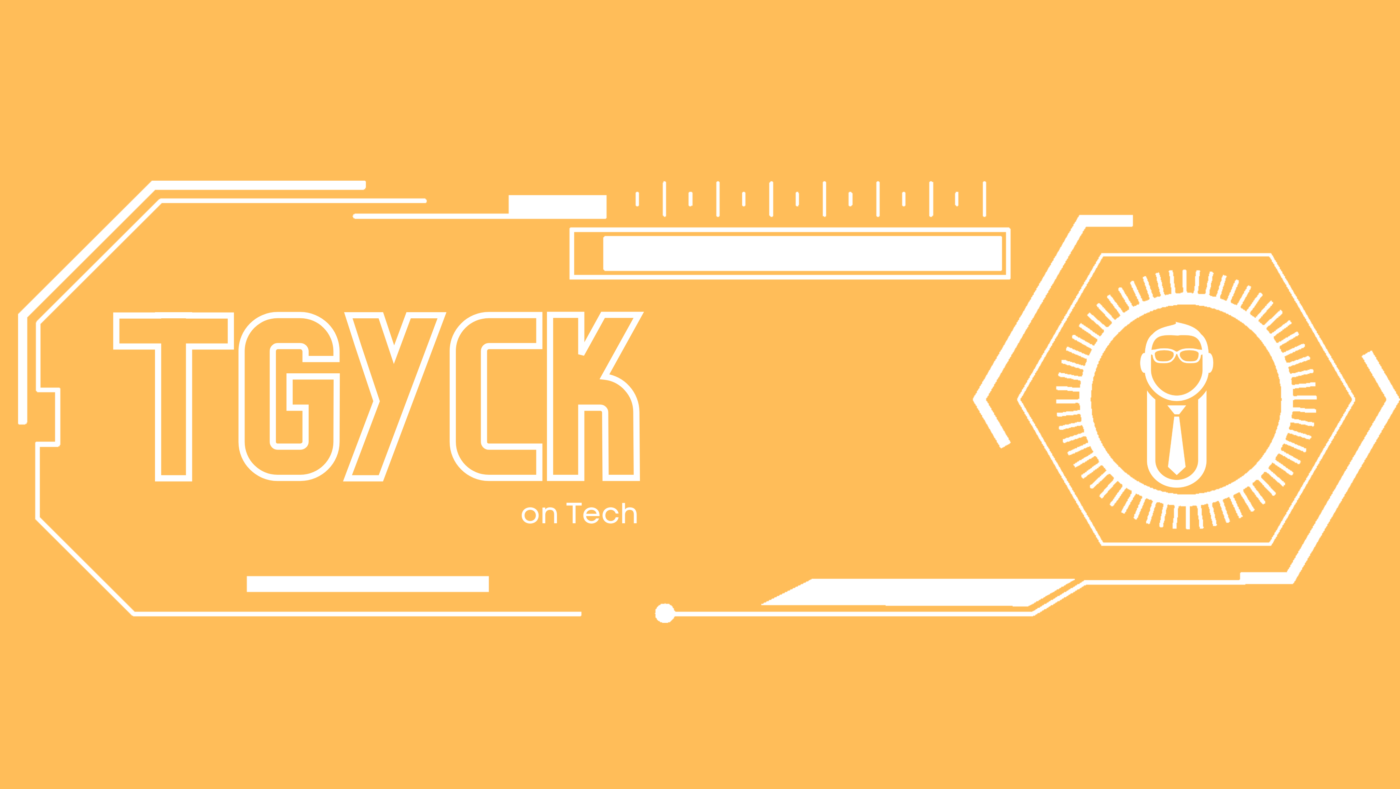
This blog post explores the power of AI in SEO and examines the advantages that it brings to the table. It also looks at the future of AI in SEO and the potential it holds.
Introduction: Artificial Intelligence (AI) Transforming Web Development
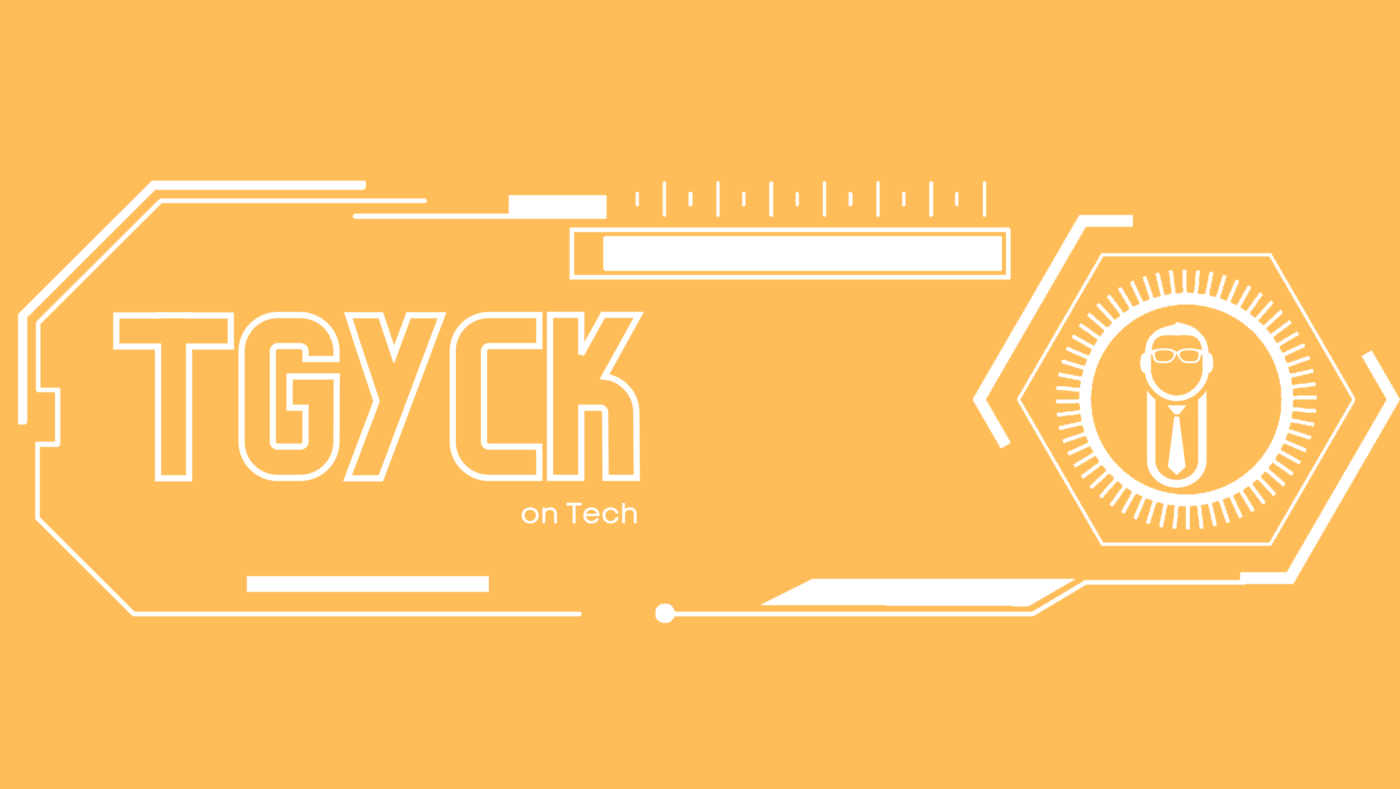
This blog post explores how Artificial Intelligence is transforming web development by streamlining complex processes, improving user experience, enhancing website performance, and achieving SEO goals. It looks at how AI-powered tools such as chatbots, virtual assistants, code generators, and SEO tools are helping web developers create better websites faster.
Introduction: Artificial Intelligence (AI) and Personalization
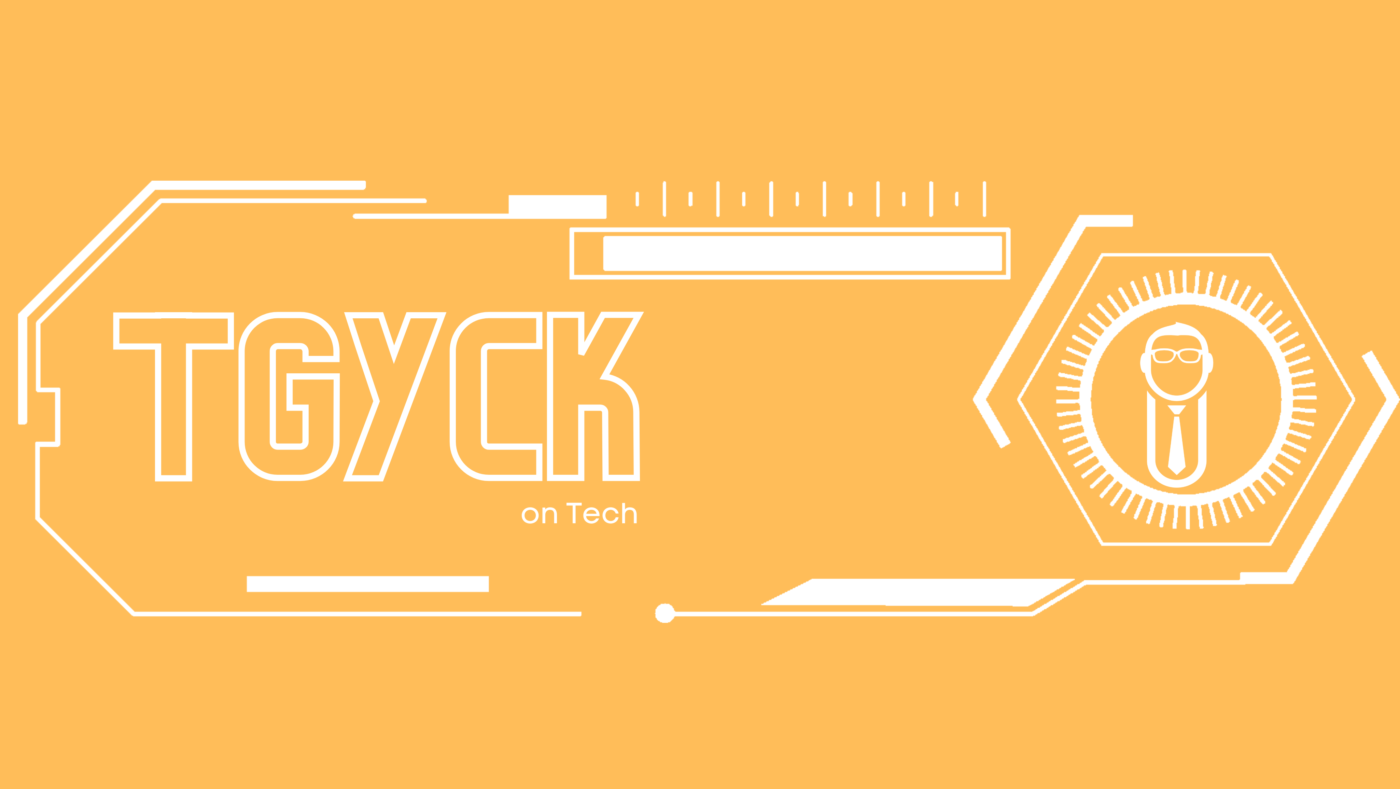
This blog post explores the benefits of personalization and how AI is revolutionizing the personalization process. It provides an overview of the key benefits of personalization, as well as the ways in which AI is being used to revolutionize the personalization process.
Introduction: Building Scalable Web Applications with Microservices Architecture
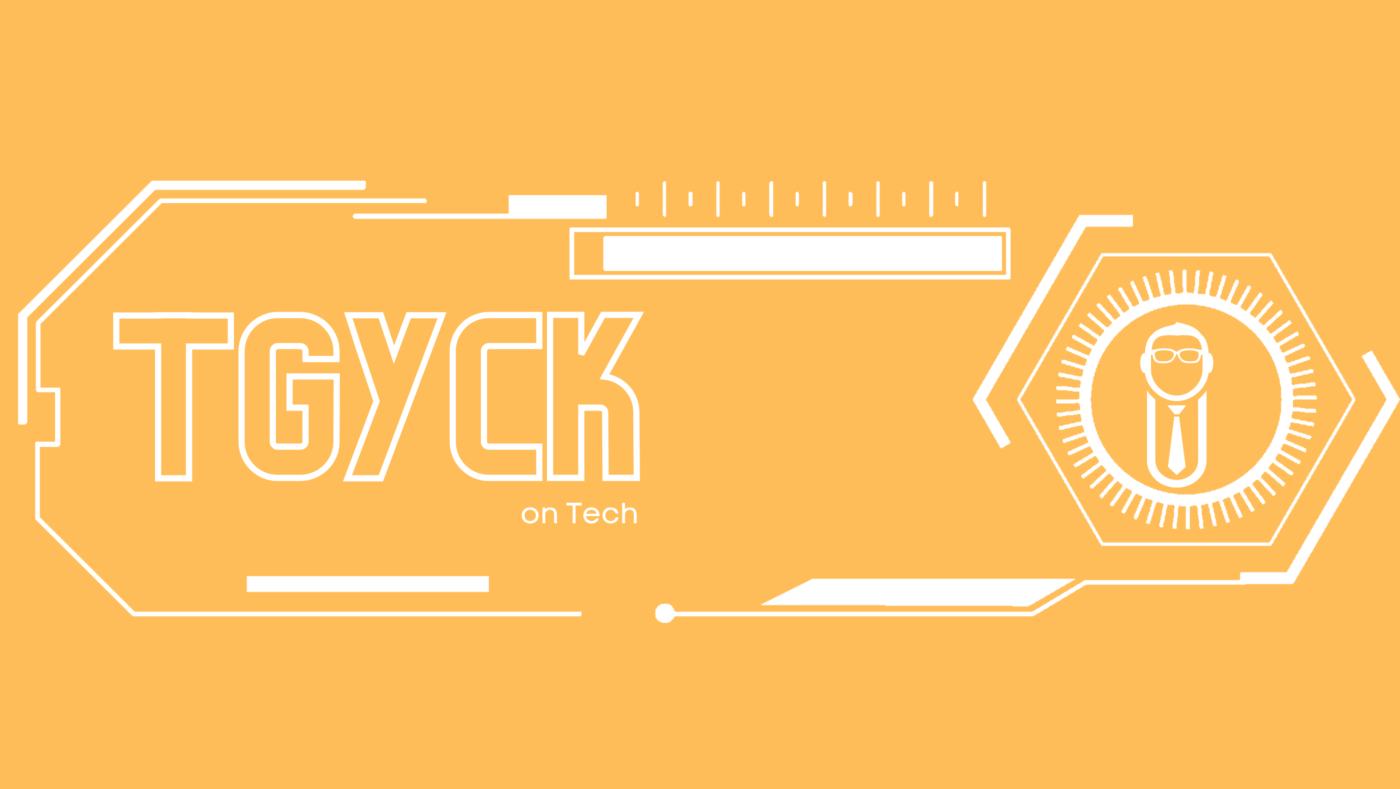
This blog post provides an overview of microservices architecture, its benefits, and how to implement it. It also explains the steps for implementing microservices architecture in a web application.
The Rise of Voice Search
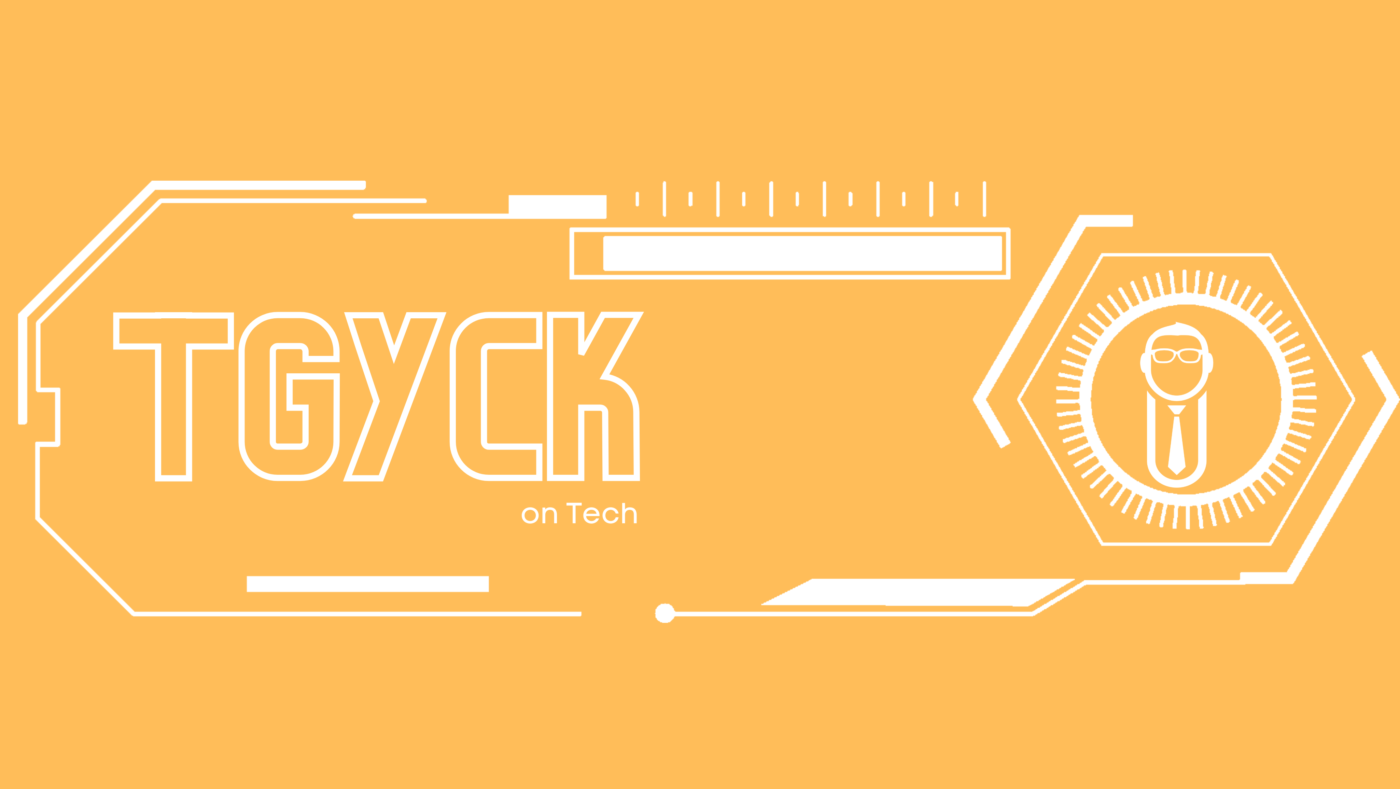
This blog post explores the rise of voice-activated technology and its impact on website SEO and user experience. It also discusses the importance of optimizing websites for voice search and provides tips for doing so.
Introduction: Choosing the Right Content Management System (CMS) for Your Business
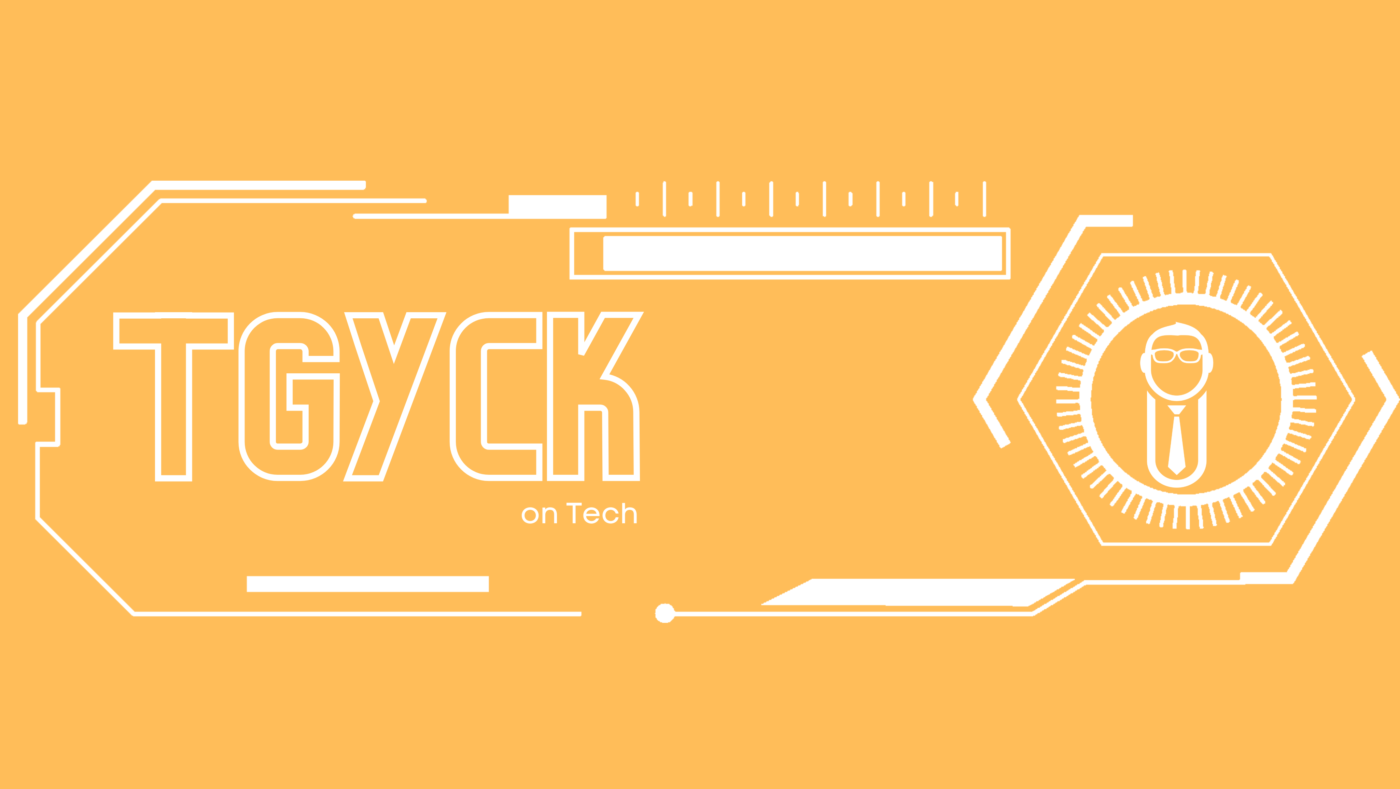
This blog post provides an overview of the pros and cons of open-source and proprietary content management systems (CMSs), helping readers make an informed decision about the best CMS for their business. It covers the advantages and disadvantages of each option, as well as the technical knowledge required to install and configure each type of CMS.
Introduction: What are Progressive Web Apps and What are the Benefits?
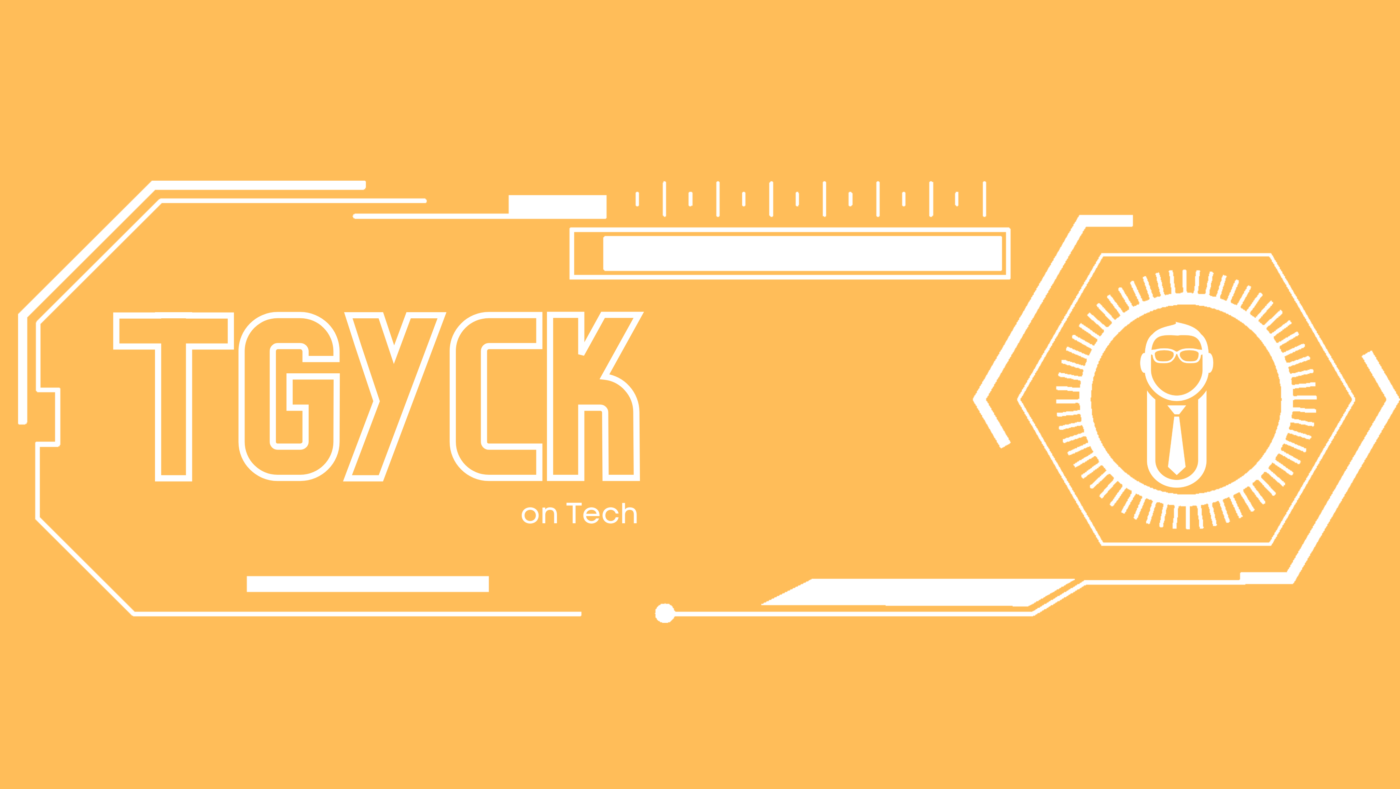
This blog post provides an introduction to Progressive Web Apps, their benefits, and examples of companies using them. It also looks at the potential of PWAs and the possibilities they offer for the future of the mobile web.
The Benefits of Woocommerce over Shopify
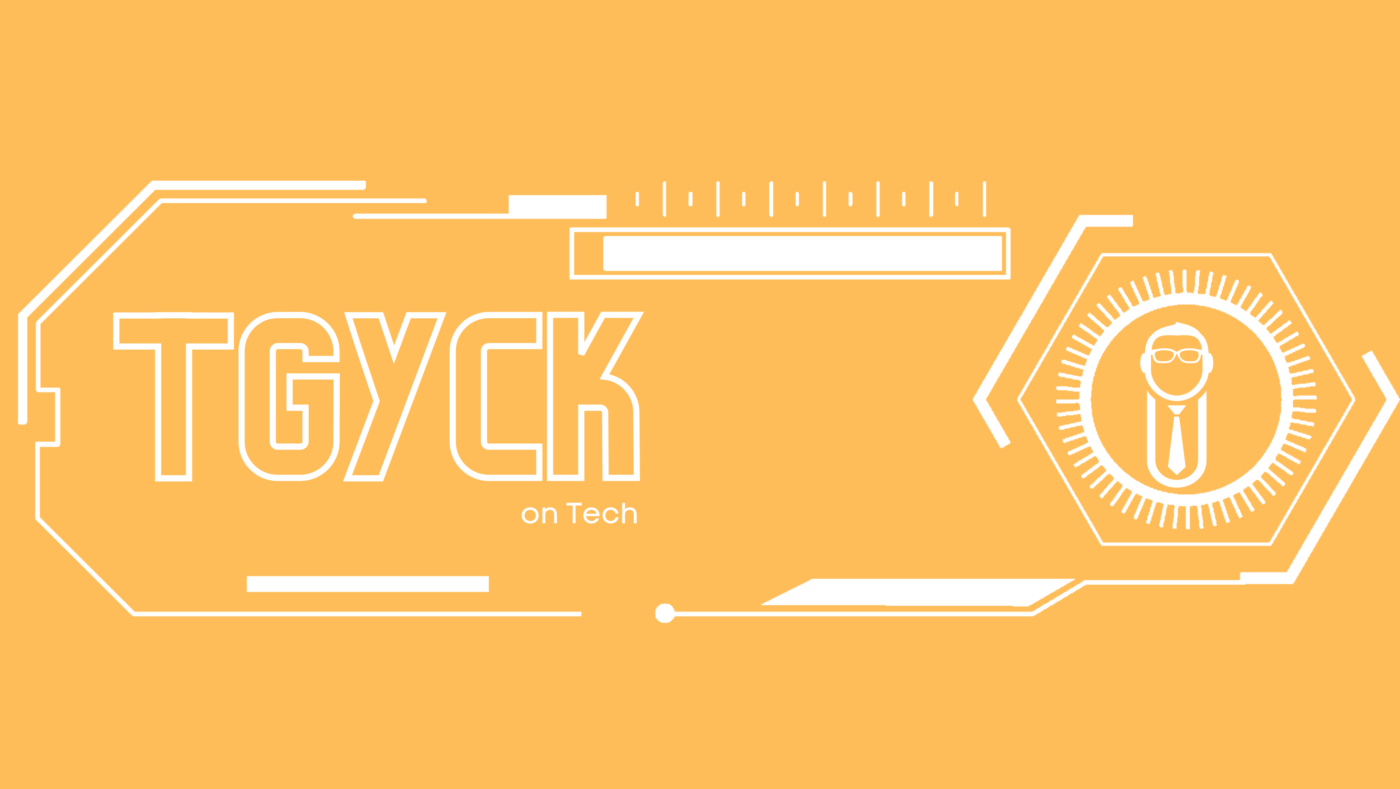
This blog post examines the advantages of Woocommerce over Shopify, exploring the various ways in which Woocommerce is more customizable, cost-effective, and offers improved SEO benefits. It provides an in-depth look at the benefits of Woocommerce, making it a great resource for entrepreneurs considering their eCommerce options.